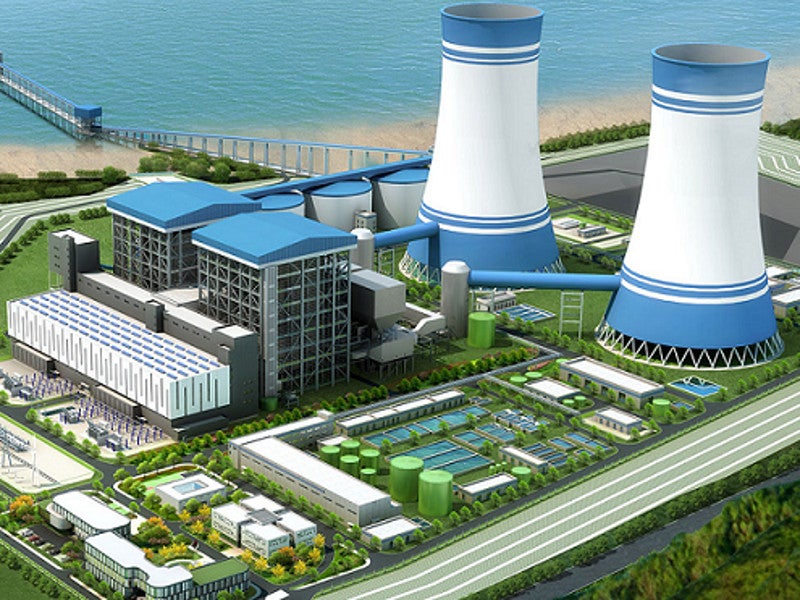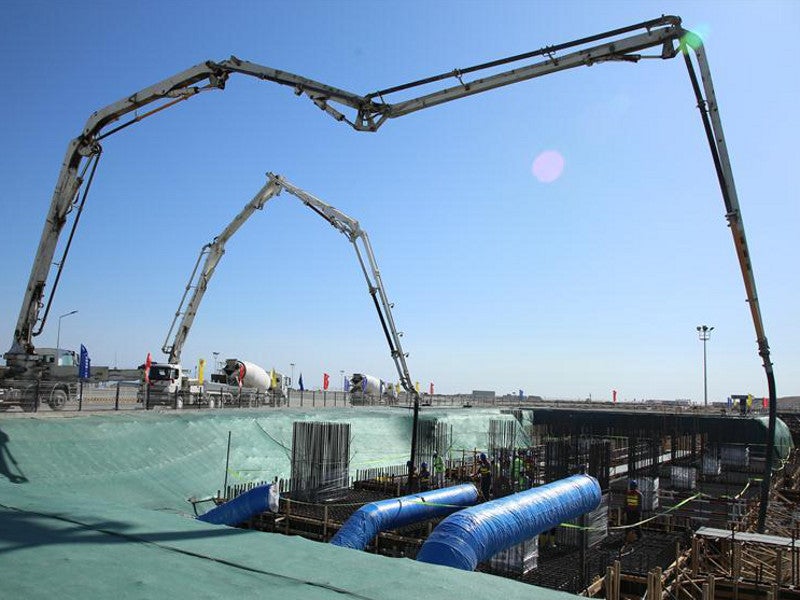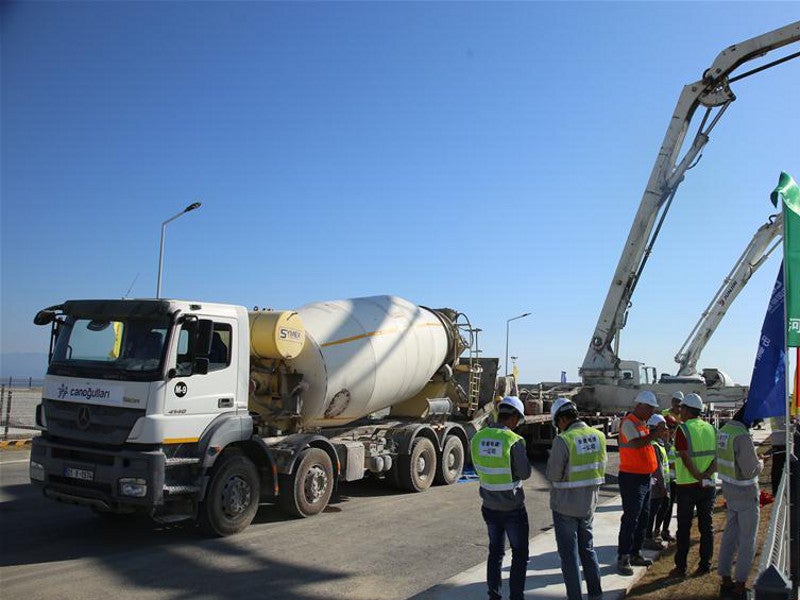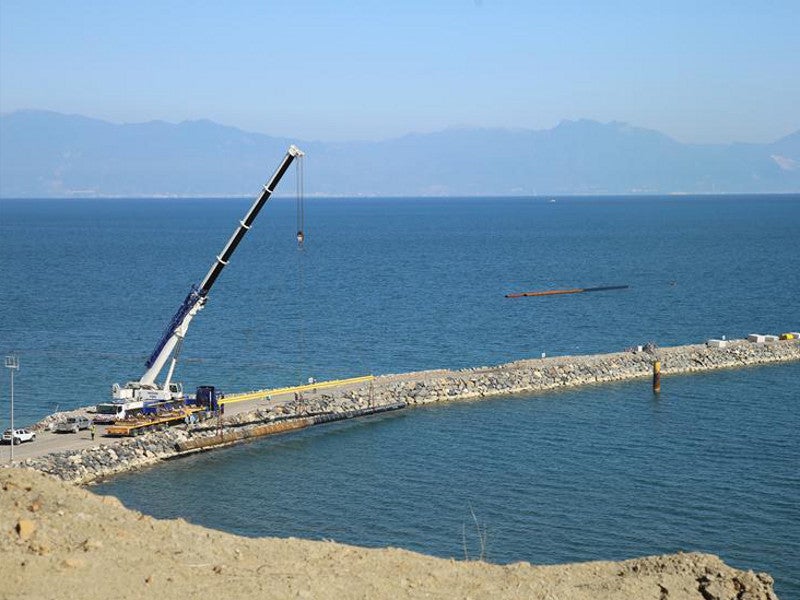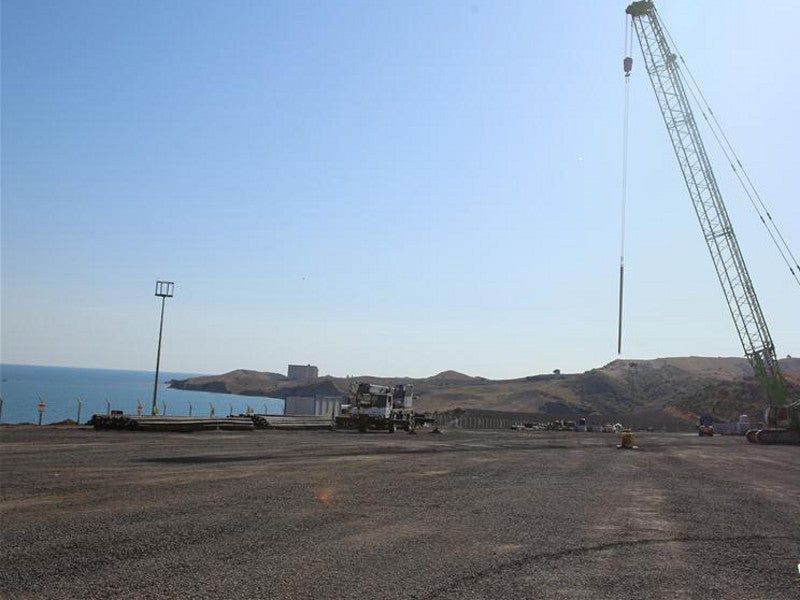The Hunutlu thermal power plant (HTPP) is a 1.32GW coal-fired power plant being developed in Sugözü village, Yumurtalık district, Adana, Turkey.
A joint venture of Shanghai Electric Power (SEP, 50.01%), AVIC International Project Engineering (2.99%), and two local Turkish investors (47%) owns the power plant. EMBA Electricity Production, a Turkish subsidiary of SEP, is responsible for the project development.
The Turkish Energy Market Regulation Authority (EPDK) finally permitted the project construction and issued a 49-year generation license in July 2015. Preliminary works at the project, such as excavation works, began in July 2018, while construction works began in 2019.
The Hunutlu project is estimated to cost approximately £1.36bn ($1.7bn) and is anticipated to come online in 2022. It is expected to create approximately 4,000 construction jobs, in addition to 500 jobs during operations.
Hunutlu project background
The Hunutlu coal-fired power plant is a part Turkey’s Middle Corridor and is also supported by Chinese Government’s proposed Belt and Road Initiative (BRI). It is the biggest ever direct investment made by China in Turkey.
The Hunutlu thermal power plant construction was delayed by a decade due to multiple legal constraints and widespread protest by the local community.
Hunutlu thermal power plant make-up
The Hunutlu TPP will comprise two coal-fired units, which are capable of generating up to 660MW electrical energy each. The facility will be capable of delivering up to 11.5 billion kilowatt-hours (kWh) of electricity to the country’s national grid annually.
The Hunutlu plant is estimated to have an overall efficiency rate of more than 45%. It is expected to produce superheated steam at a temperature of 600°C and 270 bar pressure.
The project will feature two seawater desalination systems to provide 7,320m³ of desalinated water per day for the plant’s operations.
A selective catalytic reduction (SCR) DeNOx system will be installed at the plant for the efficient conversion of harmful oxides of nitrogen into N2 and H2O using ammonia.
Additionally, facilities such as flue gas desulphurisation unit along with dry and wet electrostatic precipitator system will be installed to minimise the dust and particulate emissions from the plant.
Infrastructure facilities
The primary infrastructure at the Hunutlu site will include a turbine building, a crusher house platform, a comprehensive building platform, and an intake platform. In addition, the plant will feature a jetty and associated facilities, and a trestle with a connected road.
Power transmission
The power generated by the Hunutlu thermal power plant will be evacuated through 380kV transmission lines and transmitted to the national grid operated by Turkish Electricity Transmission Corporation (TEIAS).
The plant will be connected to the electricity transmission line between the Mersin 380 substation and the İsken TPP.
A transmission line connecting Hunutlu TPP and Adana 380kV substation will be constructed as part of the project, in addition to three feeder displacement works at Adana 380kV substation.
Financing
Bank of China (BOC), China Development Bank (CDB), and the Industrial and Commercial Bank of China (ICBC) provided the required loans for the project.
Contractors involved
Avic-Intl Project Engineering engaged Hyflux Newspring Construction Engineering (Shanghai), a subsidiary of Hyflux, for the supply of two desalination systems for the Turkish project. The supply contract, worth £4.57m (RMB40.3m), was awarded in July 2018.
AVIC Intl Project Engineering and CPI Power Engineering were jointly awarded the engineering, procurement, and construction (EPC) general contract for the project in April 2019.
Ilk Construction was awarded the engineering, procurement, and construction (EPC) contract for the marine structures of the Hunutlu TPP.
ÇİMTEK Mühendislik Mimarlık was contracted for the construction of the turbine buildings, while HNM Zemin Yapı was engaged for test piles construction.
ESI Eurosilo is responsible for the engineering and delivery of three silos, with a capacity of 100,000m³ each, in July 2019.

